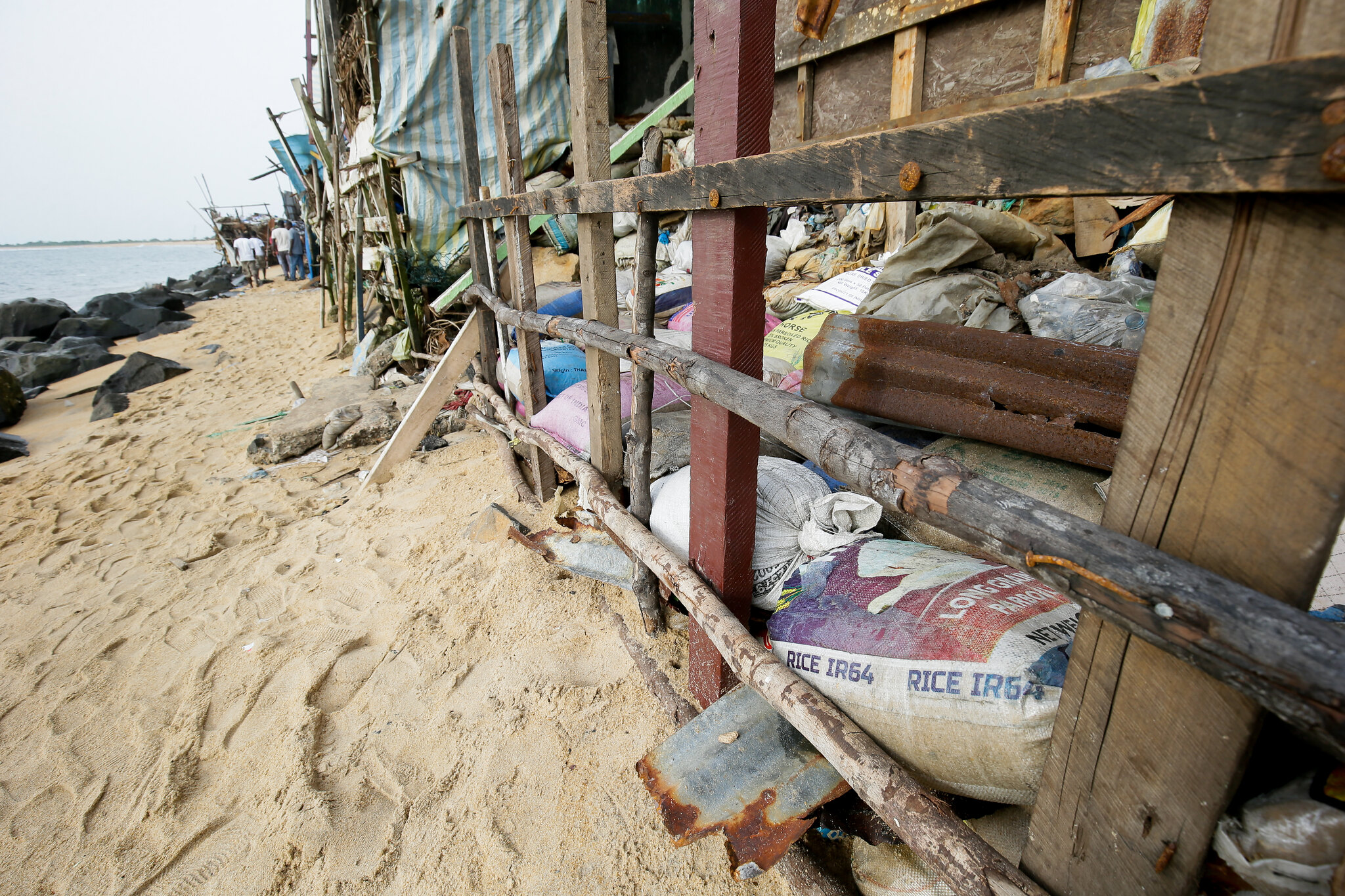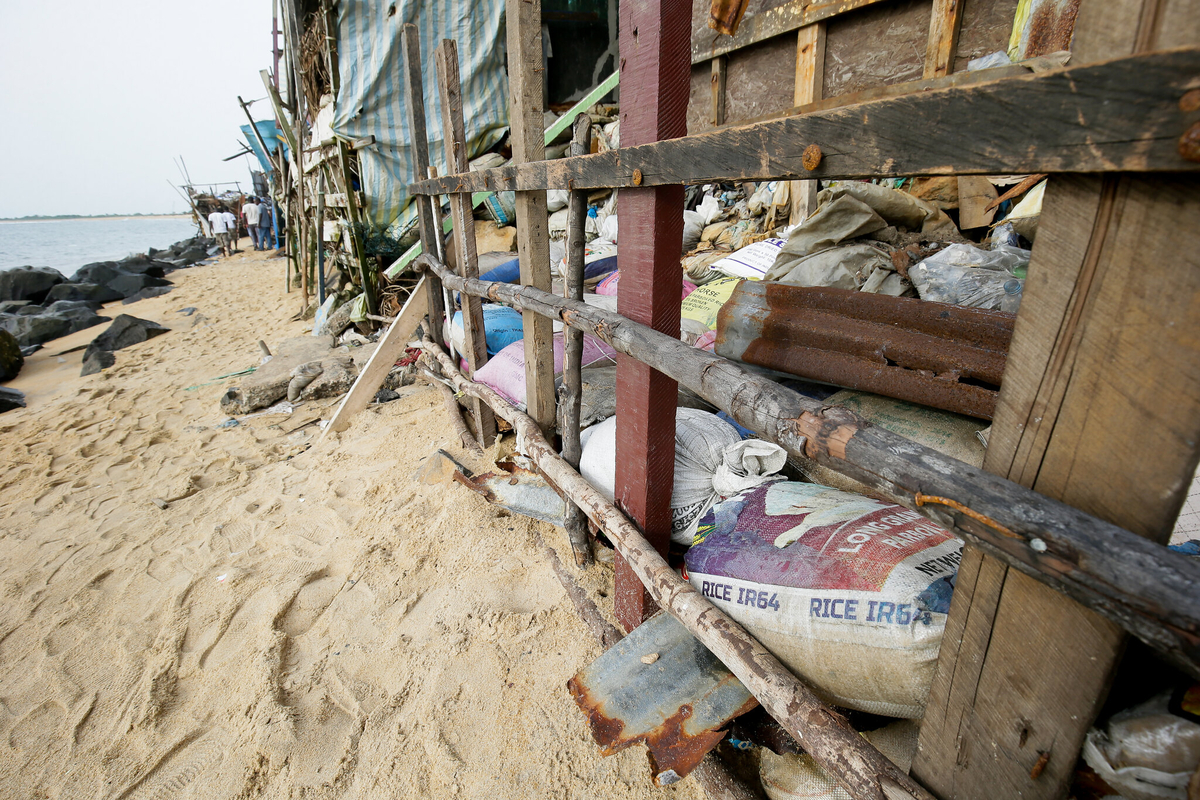- Who We Are
- How We Work
- Regional / Country Initiatives
- Legacy
- Core Themes
- Working Groups
- Portfolio & Results
- Newsroom
- Resources
JWP for Resilient Cities Projects

Home | Documents | Projects | Multimedia/News
PROJECTS
Urban Resilience Tools Online Platform
Cities’ strategic role as global stewards of peace, prosperity, and environmental preservation demands a better understanding of the multiple risks they face at individual, household, community and societal levels. A number of tools now exist to help cities build their capacities to respond to the mix of challenges they face. However, to date, there is no single comprehensive platform available to ‘match’ cities with the tools that are most appropriate to their conditions.
This knowledge-sharing platform, resiliencetools.net, has been well developed and populated with these tools, case studies and publications by the JWP’s members and partners (and other organisations have been requesting to add their tools to the platform). The tools aim to help local governments and other municipal professionals understand the primary utility of the vast array of tools and diagnostics designed to assess, measure, monitor, and improve city-level resilience.
Local Governments’ Handbook/Pocket Guide to Resilience
This project aims to empower cities to better understand their risks through the provision of a comprehensive tools and knowledge-sharing platform, so they can make better, transformative decisions, and become more resilient. A handbook, Local Governments’ Pocket Guide to Resilience, was disseminated at the launch of the JWP at COP21 in Paris in November 2015.
Facilitating investment in transformative and inclusive urban resilience actions
The project increased the capacity of cities to develop and propose – in an application format - feasible, inclusive and bankable resilience projects; and connected projects with potential funders and implementation partners, facilitating improved access to resilience finance and contributing to the elaboration of new finance mechanisms through the Transformative Action Programs (TAP).
Projects from the TAP programme were presented at the ICLEI Resilient Cities 2017 congress with the aim of matching them with potential investors. ICLEI strengthened the liaison with TAP programme partners towards securing funding for projects in the project preparation facility. The outreach of partnerships includes the World Bank, SECO and EIB, and other potential service partners such as GIB and the Gold Standard for the Global Goals (GS4GS).
Scaling the Urban Community Resilience Assessment in Informal Settlements
Led by WRI, this project focuses on improving the resilience evidence base, evidence-based project planning, and policy influence and replication. It has already achieved great progress in the three implementing cities: Rio de Janeiro, Surat and Semarang.
- In Rio de Janeiro, the project has been completed with local resilience strategies developed from the application of the tool, community workshops and training of local officials in the use of the tool.
- In Surat, the UCRA has been incorporated in the City Resilience Strategy of Surat. Workshops and meetings have been held in the three selected communities for training on the tool and analysis of the data as well as to identify project ideas for the local resilience strategies.
- In Semarang, data has been collected utilising the tool and analysed in community workshops. Local resilience strategies have been completed.
WRI has produced a report that describes the pilot project results, insights and the potential for UCRA to build more climate-resilient cities. Download ithe report: Prepared Communities: Implementing the Urban Community Resilience Assessment in Vulnerable Neighborhoods of Three Cities

Technical Assistance for City-Level Climate Action Planning
The main objective of the project is to accelerate climate mitigation action in six target cities in Asia, Africa and Latin America.
It aims to help cities develop their capacity to meet commitments under the Compact of Mayors to:
- Bring GHG inventories in line with the requirements of the Global Protocol for Community-scale GHG Emission Inventories (GPC), which was incubated under the previous Cities Alliance JWP on Climate Change and Cities;
- Set meaningful GHG emissions targets; and
- Develop city climate action reports which cover sustainable energy management in the context of broader climate change action plans through the application of the Climate Action for Sustainability (CURB) Tool.
The cities of Accra, Dakar, Dhaka, Quezon City, Quito and Santiago were selected for the GHG assessments, application of CURB and city climate action reports. City GHG reports have been finalised in Quezon City, Accra and Quito. C40’s online knowledge sharing platform (C40 Exchange) is being updated to enable cities using the CURB tool and the City Action Standard to share outputs and lessons learned.
Implementing Paris and SDG11 in Global South Cities: the case for urban resilience and adaptation to climate change
Adaptation Diplomacy’s overarching objective is to support cities in the Global South to adapt to climate change and build urban resilience, by enhancing their climate leadership, removing barriers, and fostering global partnerships to accelerate action at local level, for the benefit of all their inhabitants, particularly the most vulnerable ones.
This project seeks use advocacy to ensure that adaptation to climate change and urban resilience are strongly represented in the international agenda, notably the 2018 stocktaking exercises on climate change and sustainable development. In particular, it focuses on making sure the voices of Global South cities and their communities are heard.The project was approved in November 2017 and an initial Adaptation Forum was held for the Africa region in Accra in early December. Read the report on benefits of resilience.
Enabling Implementation and Tracking Progress Towards Environmentally Sustainable and Resilient Urban Development
This project, co funded by Cities Alliance, IIED and UNEP, supports application of the third Transformative Commitment of the New Urban Agenda: environmentally sustainable and resilient urban development. The project engages with city officials and other key stakeholders in Asia and Africa to explore potential indicators and data to track progress on resilient and sustainable urban development.
